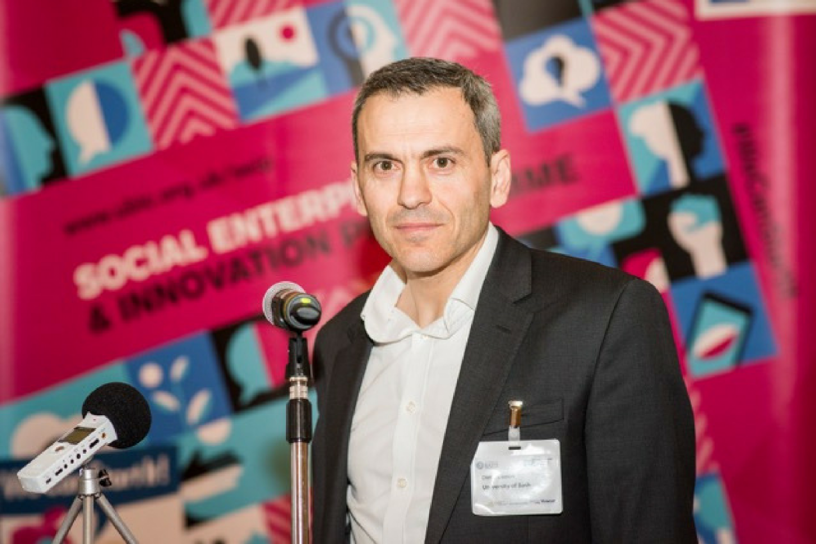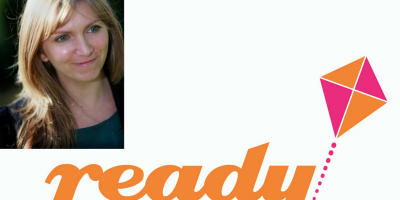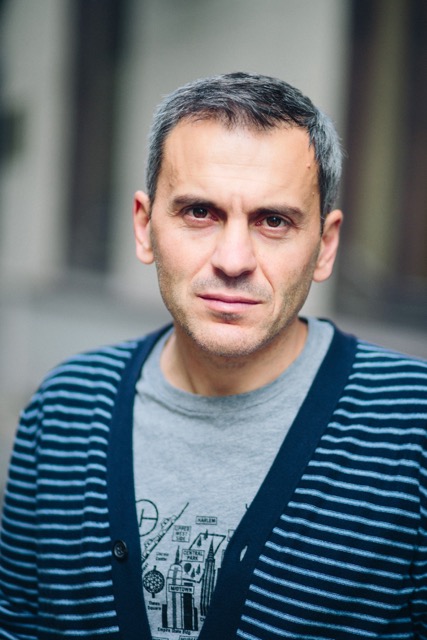In the spotlight:
Name: Dimo Dimov
Location: Bath
Occupation: Professor of Innovation and Entrepreneurship at University of Bath
You are an influential individual within the enterprise education space. What does ‘enterprise education’ mean to you, and why do you think it’s important?
Enterprise education is about developing entrepreneurial mindsets and capabilities in students. These enable students to tackle pressing problems, look for opportunities in any setting, and take the initiative to orchestrate solutions. It is about questioning the status quo and being open to new possibilities. These skills are becoming essential in both corporate and public-sector organisations as the disruptive effects of the Fourth Industrial Revolution become widespread, and we focus on the challenges of inclusive growth.
How did you first become involved with enterprise education?
I left the corporate world in 2000 to pursue a PhD in entrepreneurship at London Business School. This was a new program, one of the first dedicated to entrepreneurship. It was a gateway to an academic career. I have been teaching entrepreneurship since 2004, when I took my first academic job at the IE Business School in Madrid, Spain.
You are interested in entrepreneurial process and the journey from idea to venture. Please tell us a little about your research – is it important for budding entrepreneurs to take note of the path that others have trodden?
In my research, I tackle the fundamental problem of understanding entrepreneurial opportunities – the fact that they are clear and obvious in retrospect, but uncertain and dejecting in prospect. The journey from ‘this is crazy’ to ‘this is genius’ is full of inherent tensions, for which there are no ready solutions (despite claims to the contrary). We can never eliminate the space for individual judgment and experience as a source of wisdom. But it is important that we approach these with an appropriate mindset and reflective stance. I have synthesised a set of guiding principles in my latest book, The Reflective Entrepreneur. They highlight the importance of approaching the entrepreneurial journey as a series of milestones, and of maintaining the flexibility to change direction after each milestone. What makes this difficult are a number of internal and external pressures that we have to manage in order to maintain intrinsic purpose, openness, a playful stance, and control.
For students who don’t want to be entrepreneurs, what other benefits does enterprise education provide?
One of the misconceptions about being an entrepreneur is that this is limited to starting up your own business (i.e. start-ups). In fact, entrepreneurship is a process of introducing new products, services or organisational methods in a variety of contexts. One can be a corporate entrepreneur, working on new initiatives that enhance long-term competitiveness. One can also be a social entrepreneur, motivated by a mission to solve social or environmental problems. Or one can be a public sector entrepreneur, looking to implement innovative solutions to pressing problems. Therefore, regardless of where you are, entrepreneurial skills are in strong demand.
How have your experiences of working in the corporate sector (in the hospitality industry and as a financial director) influenced your teaching?
My corporate experience has honed a pragmatic sense for practical value; for focusing on solving a problem at hand, rather than engaging in some theoretical discussion for its own sake. When teaching, I always look to make even the most abstract theories practical in some way – and when something doesn’t work, I immediately look to improve it and seek to learn from best practice.
Where do you hope to see entrepreneurship education in five years’ time?
In five years’ time, I would like to see entrepreneurship education as an essential pillar of the educational experience across schools and universities. An analogy between entrepreneurship and sport is useful, here. We already promote wide participation in sport because it develops team spirit, a healthy sense of competition, characteristics of fair play, and ultimately leads to admirable achievements (and makes it easier to spot talent). Entrepreneurship should be seen in the same way – as something to be promoted widely, and as a mechanism to tackle all emerging problems.
What does a typical day look like in the world of Dimo Dimov?
On a typical day, I wear at least three different ‘hats’, associated with the fundamental activities of an academic role: research, teaching, and service to the professional field. Changing hats can be difficult as it takes you to different worlds, each with its own problems and language. As a researcher, the daily activities associated with the pursuit of theoretical knowledge involve attending research seminars, discussing ideas, dealing with the rejection and scepticism associated with the publication process, and keeping up with developments in the field. As a teacher, I prepare classes, deliver workshops or lectures, and mentor students on their entrepreneurial projects. In my professional service, as an editor, mentor, and advisor, I review academic papers, reconcile peer reviews, write editorial decision letters, provide advice to junior colleagues on their research ideas or paper drafts, and meet with entrepreneurs or companies to discuss their challenges. Alongside all this, I am also a husband and a father.
And finally, Dimo, tell us: if you were an animal, what would you be and why?
I suppose there is no one single animal that represents me best. I would probably go with a fox as, in the fable of the fox vs. hedgehog, the fox knows many things rather than one big thing . But I would also go with an eagle, for its freedom to soar and take a bird’s-eye view of things.






Leave a Reply